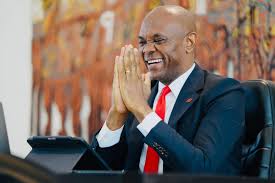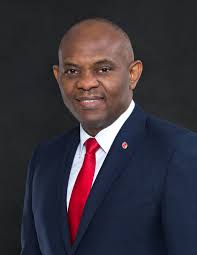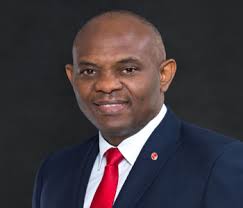That message came from Tony Elumelu, Chairman of United Bank for Africa (UBA), a man whose voice carries both the authority of enterprise and the conviction of a continental patriot.Standing before an audience of policymakers, global investors, and development financiers at the launch of the UBA Africa White Paper, Elumelu’s tone was urgent, his words deliberate.“Africa does not lack capital,” he declared. “What we lack is coordination and commitment to channel it productively.”The UBA White Paper, unveiled on the sidelines of the World Bank/IMF Annual Meetings, seeks to reframe Africa’s growth narrative—from one of aid dependency to one of self-financed transformation.A Continent Awash with Untapped WealthBehind the statistics, Elumelu painted a human story: a continent with over $4 trillion in domestic capital lying dormant in pension funds, insurance assets, savings, and sovereign wealth funds—resources that, if mobilised, could power the roads, data centres, and green energy systems Africans dream about.“Reports show that Africa can raise over $4 trillion from within the continent,” he said. “
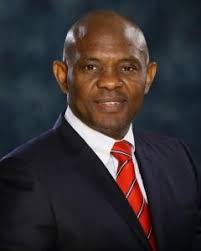
The question is how to bring this together to power infrastructure, digital transformation, and inclusive growth.”For Elumelu, the challenge is no longer about aid or foreign loans. It’s about self-belief—a collective will to connect the savings of ordinary Africans to the investments that can change their lives.
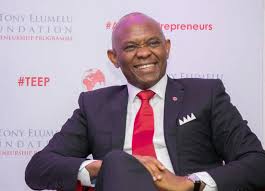
Among those listening intently was Professor Benedict Oramah, President of the Afreximbank, whose own institution has become a symbol of African financial innovation.He nodded in agreement as Elumelu spoke, later taking the microphone to echo his sentiments.“Africa’s challenge is not the absence of capital, but the inability to mobilise and deploy it effectively,” Oramah said.He spoke passionately about financing in local currencies, a step he believes will free African economies from the volatility of foreign exchange and external debt.“By trading and investing in our own currencies, we will deepen our markets and reinforce our economic sovereignty,” he added.Oramah highlighted Afreximbank’s Pan-African Payment and Settlement System (PAPSS), which allows cross-border trade in African currencies, as a practical example of how financial integration can strengthen independence.
